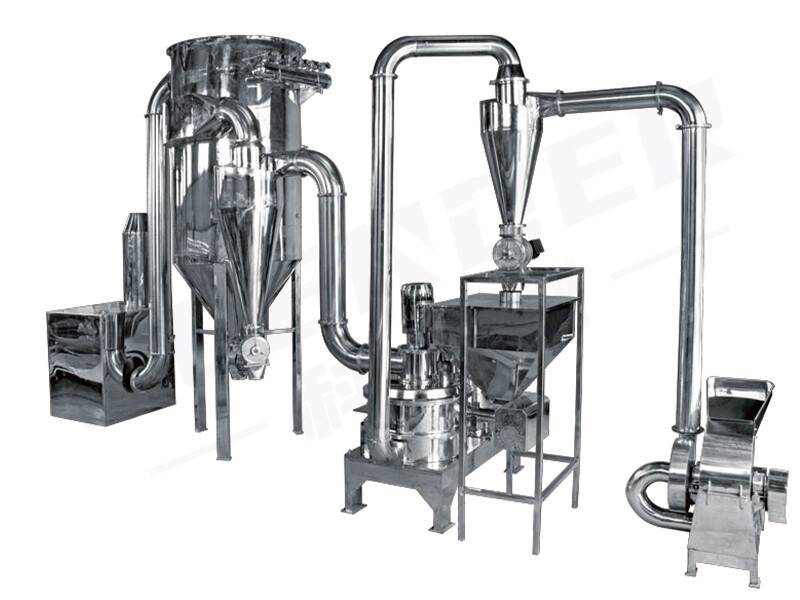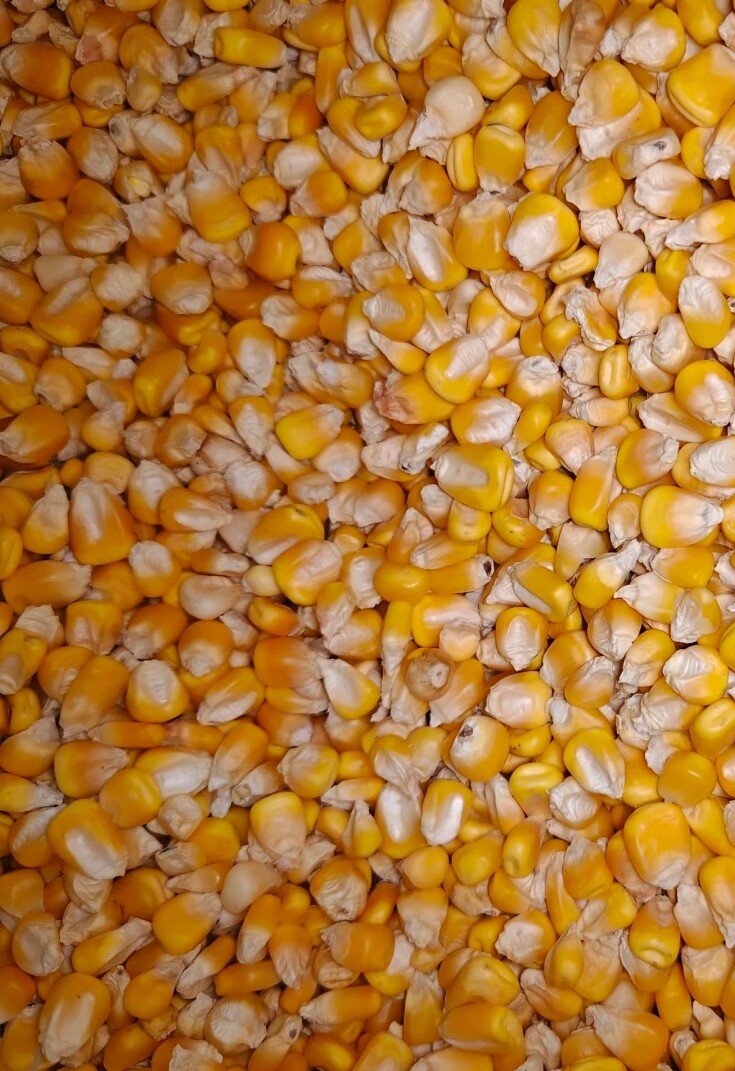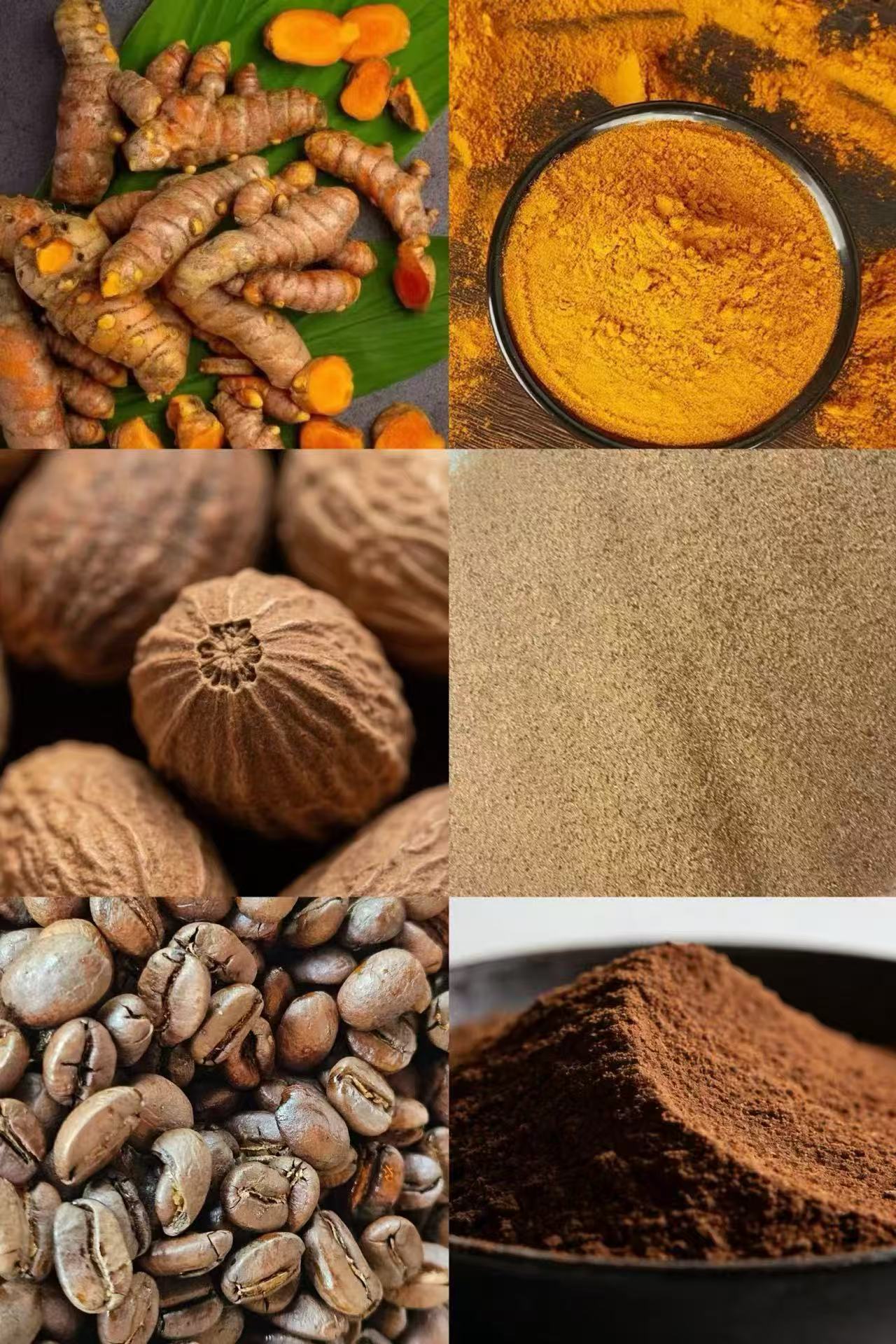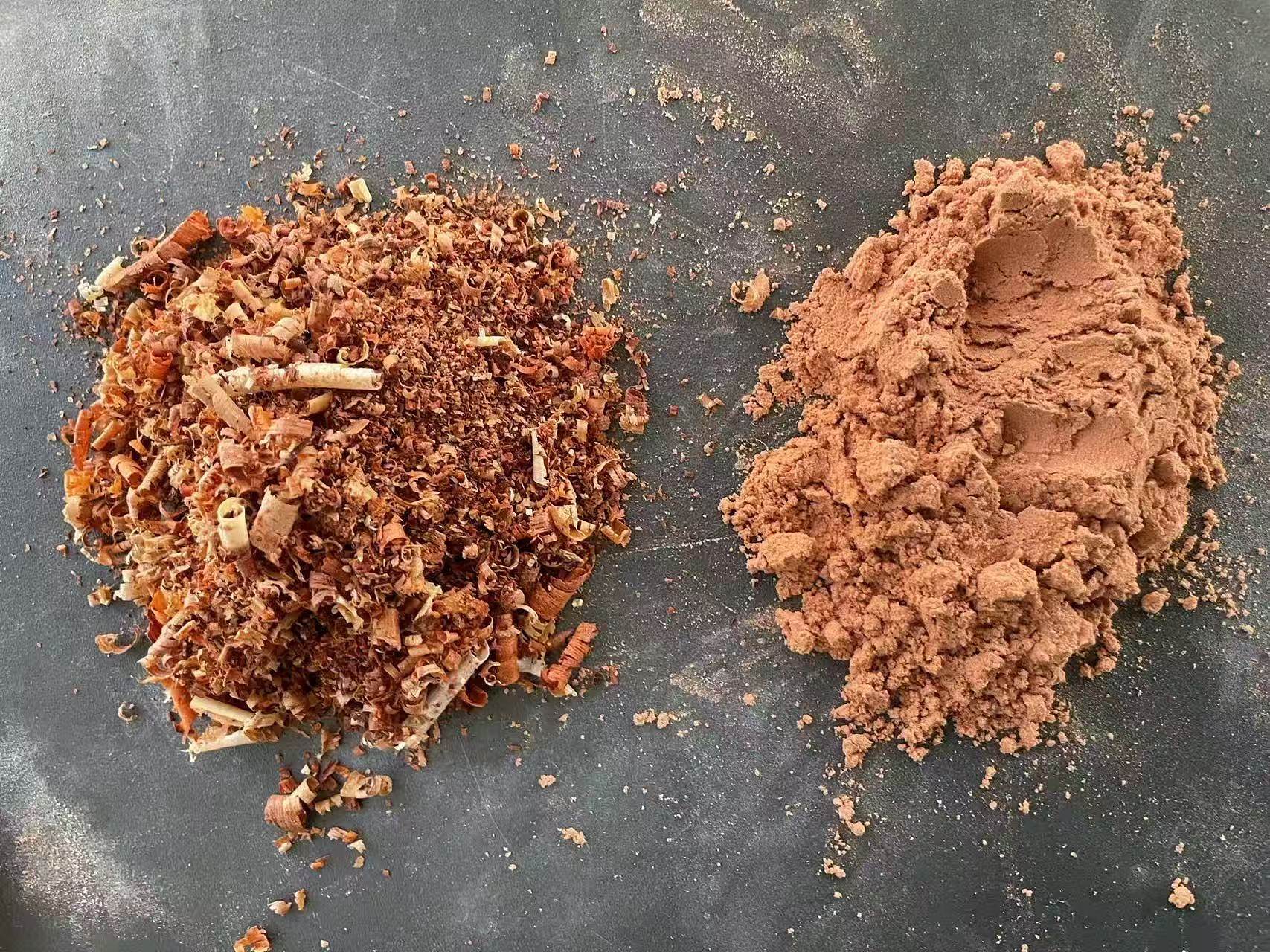In advanced industrial processing, ultrafine pulverizers are addressing a critical challenge: preserving heat-sensitive components during particle size reduction. Cutting-edge temperature control systems are enabling precise thermal management, unlocking new possibilities for pharmaceutical, food, and chemical applications.
The Thermal Degradation Challenge
Conventional grinders generate temperatures exceeding 80°C, causing up to 42% loss of essential oils and enzymes in herbs like peppermint. This limits product quality and bioactivity.
Three Revolutionary Temperature Control Systems
Liquid Nitrogen Cooling
Direct LN₂ injection maintains temperatures between -50°C and -196°C, embrittling materials while suppressing heat buildup. A pharmaceutical study showed baicalin retention increased from 69% to 95.3% using cryogenic pulverization.Airflow Temperature Regulation
High-velocity gas streams both pulverize and cool particles, keeping discharge temperatures below 45°C. Real-time monitoring ensures consistent performance, with wall temperatures capped at 55°C during continuous operation.Smart Closed-Loop Control
Adaptive systems adjust coolant flow based on real-time temperature data (±2°C accuracy). Combined with water cooling, this achieves sub-30°C processing for extreme heat-sensitive materials.
Diverse Industrial Applications
Pharmaceuticals: Ginkgo biloba extracts retain 91% flavonoids at -80°C, with 65% faster dissolution rates.
Functional Foods: Spirulina powder processed at -80°C loses 29% less chlorophyll, improving nutritional value.
Cosmetics: Centella asiatica extract stability triples under cryogenic conditions, extending product shelf life.
Market Trends & Future Outlook
With stricter Pharmacopoeia standards, demand for temperature-controlled pulverizers is rising. Industry analysts project 30% energy savings and broader adoption in green manufacturing. Future systems will integrate AI for adaptive thermal management, optimizing performance across diverse materials.
Related Testimonials
Online Consultation





